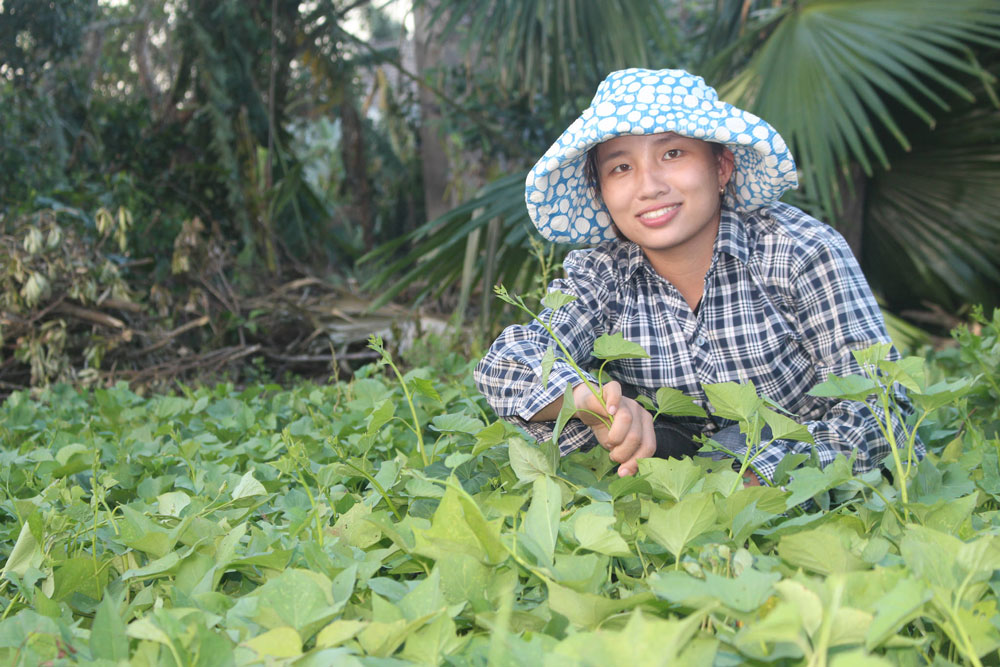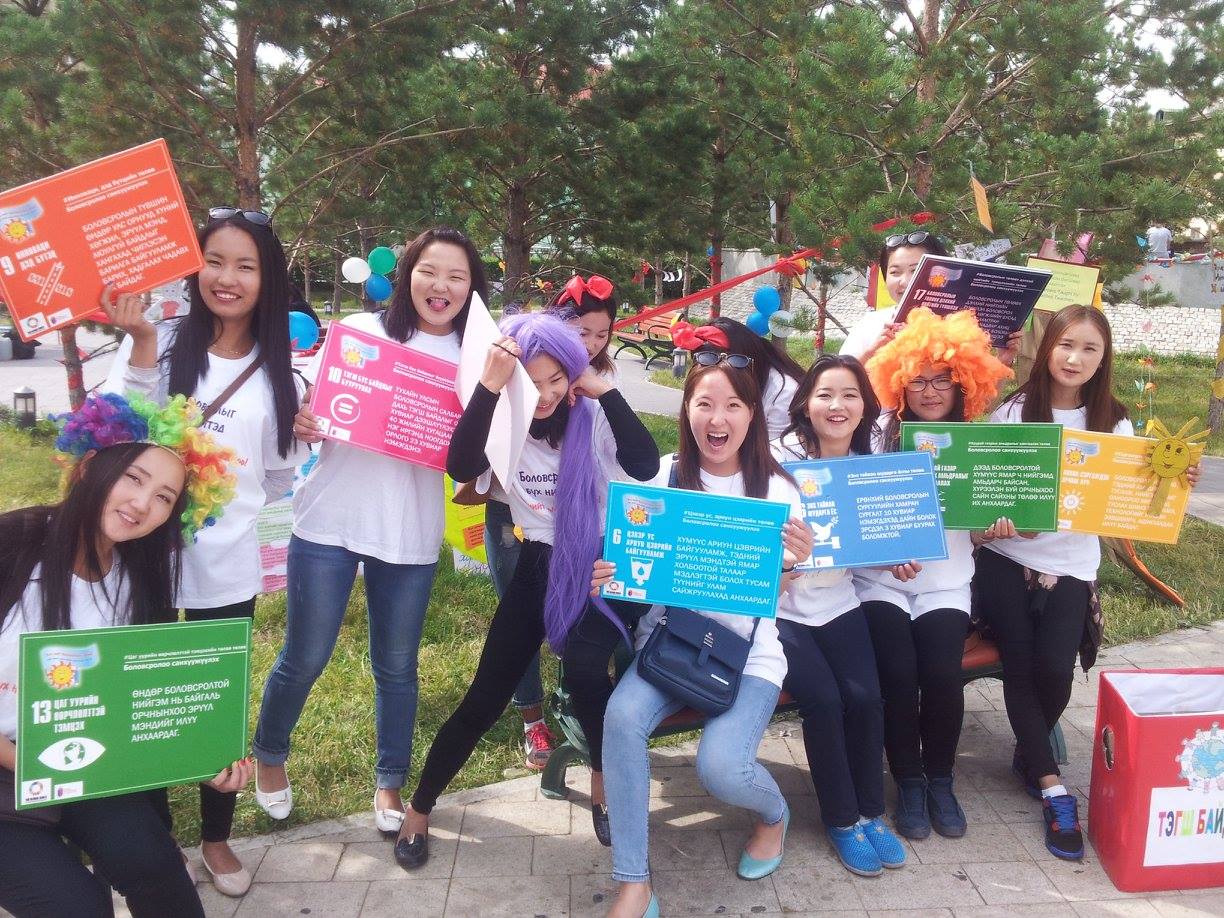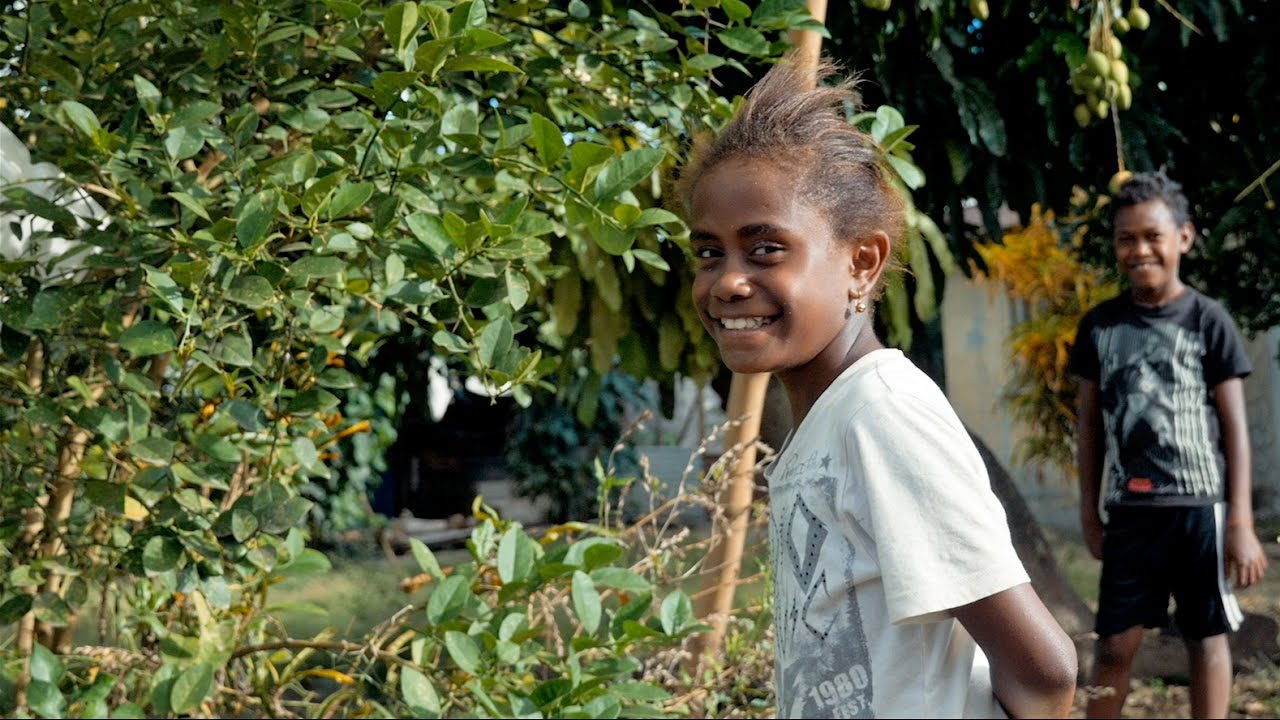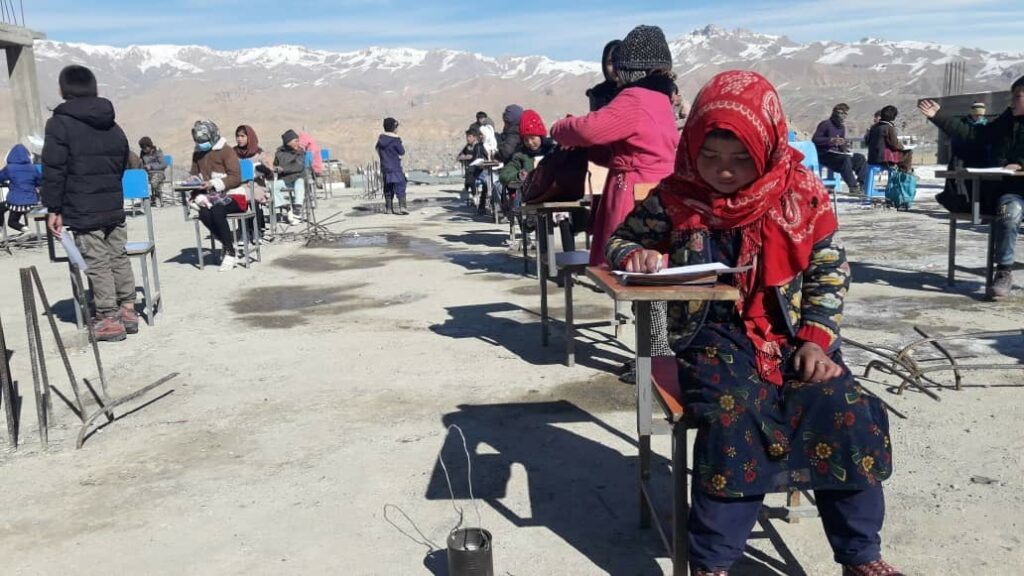
Capacity Building on Global Citizenship Education (GCED), Education for Sustainable Development (ESD), and Climate Change Education, including Education in Emergencies
Current contextual challenges in the Asia Pacific motivate ASPBAE to shore up its capacities in GCED, ESD, climate change education, and in education in emergencies.

Capacity building on research and advocacy for Global Citizenship Education (GCED)
ASPBAE’s work in this area further builds on its earlier efforts in enhancing capacities of its members in mainstreaming SDG 4.7 in education and lifelong learning systems, particularly in the areas of human rights, peace education, and citizenship education.
There is much that can be built on from the experience of the national education coalitions in Mongolia and Bangladesh who, with ASPBAE’s support, undertook an assessment of curricula from the standpoint of the principles promoted by SDG 4.7 on citizenship education. ASPBAE hopes to build on this work and continue support to members keen to deepen advocacy on SDG 4.7, especially at the country level.

Capacity building on advocacy for Education for Sustainable Development (ESD) and climate change education
ASPBAE will build on its earlier work on Education for Sustainable Development (ESD) and SDG 4.7 in its further capacity building work on climate change education.
ASPBAE has been very active in earlier processes related to the UN Decade of Education on Sustainable Development (DESD) and mobilised member organisations, notably in Japan, Philippines, India, Bangladesh, Australia, Aotearoa/New Zealand, Samoa, and Papua New Guinea, in this effort. These members offered creative education responses promoting sustainable development, and a number of them were active in the efforts of their governments to mainstream environmental education in schools and education systems. At the end of the UN Decade on ESD, many of these organisations redirected their efforts in advocacy within SDG 4.7.

There are, however, other platforms that advance climate change education specifically, within the overall framework of education for sustainable development. These include SDG 13 on climate action and the UN Framework Convention on Climate Change (UNFCCC), where Article 6 underscores the integral role of education and training in enabling citizens’ contributions to local and global efforts to meet the climate change challenge. There are defined policy processes attempting to concretise these and promoting Article 6, notably, under the UNFCCC’s Action for Climate Empowerment (ACE) programme.
ASPBAE seeks to orient its members, especially national education coalitions, and those members active in the earlier DESD processes on the spaces within the SDG 13 and UNFCCC platform to advocate on climate change education and to better strategise possible advocacy efforts on climate change education. This will draw on the very rich experience in the Asia Pacific of civil society organisations supporting efforts to mainstream ESD and environmental education in curricula, teacher trainings, Community Learning Centres (CLCs), and in overall education and lifelong learning systems.
The following Briefing Note further details out ASPBAE’s work on Climate Change Education and Education for Sustainable Development (ESD).
Capacity-building on Education in Emergencies (EiE)

ASPBAE aims to support select members keen to shore up their capacities to ensure sustained access of children, youth, and adults to basic education and Adult Learning and Education (ALE) opportunities, even in contexts of emergencies, fragility, and protracted crises; ensuring visibility of education in emergencies in regional and global education policy processes.
ASPBAE and its partner, DVV International, aim to support the education outreach of ASPBAE’s members for Afghan refugees in India and Pakistan. These country-level experiences will guide ASPBAE’s work in regional and global advocacy to continue using its voice to protect the education rights of people impacted by crises and emergencies.
Demand-driven capacity support on Education in Emergencies (EiE) is also offered to other members, such as in Myanmar and in Pacific Island countries, rendered most vulnerable to rising sea levels due to climate change, and in other countries affected by severe weather changes causing massive flooding and droughts, such as in Bangladesh, the Philippines, Timor-Leste, and Vietnam, to name a few. ASPBAE draws on the expertise available on EiE for capacity support needs, notably, the Inter Agency Network in Education in Emergencies (INEE) where ASPBAE currently serves on the Board.